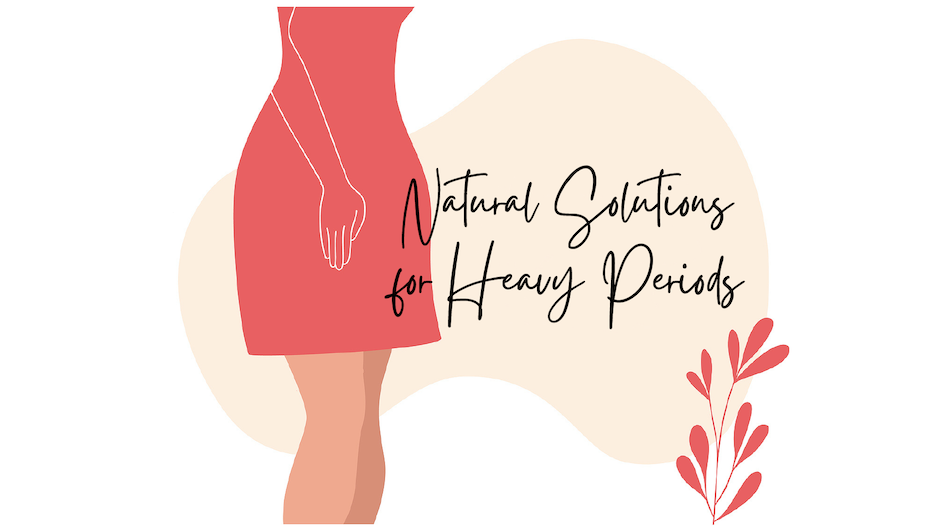Metabolism is the process that turns the food you eat into fuel and powers everything you do. Boosting metabolism and cranking up your body’s fat-burning power is a primary goal of weight loss. But metabolism also controls all the chemical processes that keep you alive, including breathing, digestion, immune function, and cellular growth and repair. Therefore, a metabolic tune-up can improve overall function of pretty much every body system. Check out these 5 tips to makeover your metabolism.
What is Metabolic Disease?
A metabolic disorder occurs when abnormal chemical reactions in your body disrupt metabolism, resulting in either too much or too little of essential substances needed to stay healthy. This can lead to a slew of metabolic disorders, such as diabetes, stroke, neurological disorders, high blood pressure, high cholesterol, heart disease, obesity, diabetes, autoimmune disorders, thyroid dysfunction, polycystic ovarian syndrome (PCOS), infertility, Cushing’s disease, cancer, fatty liver disease, arthritis, chronic pain and more.
Some early signs you may have a metabolic disorder include:

- Excess body fat, especially in the abdominal area.
- Low body temperature or cold hands and feet
- Food intolerances
- Food cravings (especially sugar)
- Sleep problems
- Mood swings and brain fog
- Unexplained weight gain or difficulty losing weight
- Excess belly fat
- Frequent headaches
- Hair loss or irregular hair growth
- Skin problems
- Excessive thirst
Prevention and Treatment
While conventional medicines offer some help to regulate symptoms of metabolic disease, they come with a slew of side effects. Most allopathic methods treat symptoms and do little to address the underlying causes of metabolic dysfunction. Through positive lifestyle modifications, you have the power to reduce your risk and treat metabolic disorders.
5 Top Tips to Makeover Your Metabolism
1. Improve Your Diet
The Standard American Diet (SAD) is high in fat, sugar, sodium, and ultra-processed foods. Aptly named, the SAD diet leads to insulin resistance, a large waistline, high triglycerides, low HDL cholesterol (the good kind), high blood pressure, and high blood sugar. Each of these contributes to metabolic syndrome.
Adopt a diet rich in whole grains, fruits and vegetables. Limit intake of animal products, and opt for lean meats, skinless poultry and fish. Avoid processed foods, which are often high in saturated and trans fats, sodium and sugar.

Certain lifestyle diets can really help decrease the risk of metabolic disease.
- A Mediterranean diet incorporates a wide range of minimally processed fiber-rich plant foods, packed with vitamins, minerals, and phytochemicals. Learn more about the benefits of the Mediterranean diet here.
- Intermittent Fasting (IF) is a form of time-restricted eating that has gained popularity in recent years. Head here to learn about the potential health benefits of intermittent fasting.
- A ketogenic diet restricts carbohydrate intake and induces a metabolic effect. This can help stabilize blood sugar levels and also prevent insulin resistance.
2. Increase Physical Activity
Exercise is a key component of energy expenditure and balance. Physical activity also encourages healthy cells and slows aging by increasing the production of new tissues.
The following guidelines are a great place to start when adopting a new exercise regime:
- If you sit for prolonged periods of the day, set a timer and make sure to get up and move around for a few minutes every hour. Even just several 20-second bursts of micro exercise several times a day can improve metabolism.
- Aim for at least 150 minutes per week of moderate – vigorous intensity physical activity.
- Brisk walking (3 mph or faster) is an example of moderate-intensity aerobic exercise, but any activity that raises your heart rate is beneficial.

3. Minimize Stress
Stress takes its toll on your organs and inevitably slows metabolism. Both physical and emotional stress cause your body to release specific hormones. These hormones can alter metabolism and even break down muscle. Adopt a routine that includes practices to reduce your stress, such as journaling, meditation, exercise, time outdoors, and time with loved ones. Reducing stress is one of the easiest ways to makeover your metabolism, often with immediate results.
4. Get Quality Sleep
Lack of sleep has a range of short-term and long-term effects on our health and mental and physical performance. Because your body needs adequate rest to perform literally every metabolic and physical activity, it’s no wonder that so many things start to fall apart with prolonged exhaustion.
Poor sleep quality is a risk factor for the development of obesity, diabetes, hypertension, heart disease and stroke. Click to learn more about The Importance of Sleep and How to Get More of it.
5. Give Up Bad Habits

Smoking is the number one preventable cause of death and illness in the United States. It dramatically increases your risk of heart disease and harms literally every organ in your body. If you smoke, stopping is the single best thing you can do for your body.
Excessive alcohol consumption is linked to an increased risk of hypertension, diabetes, heart disease, cancer, and liver disease. While low-to-moderate alcohol consumption may actually have a beneficial role in health, excessive intake poses many risks.
Save the Date!
Do you ever feel like you just can’t get a handle on frequent health issues? Do you eat well, exercise, and take good care of yourself only to fall short of meeting your wellness goals?
The Metabolic Makeover Summit will address these concerns and more! Save the date for this free summit: August 30 – September 5, 2021.
You’ll learn how metabolic health plays a role in the function of every body system and process. During this 5-day summit, you’ll gain valuable knowledge from a panel of expert speakers:

- Origins of metabolic disease
- Managing toxin exposure and detoxification
- How metabolic disease manifests in different body systems
- How daily activities like diet, exercise, sleep, stress relief, etc. can prevent metabolic disease
- Putting ideas into action to prevent disease daily
Join the email list to make sure you receive notification about when event registration opens!
















